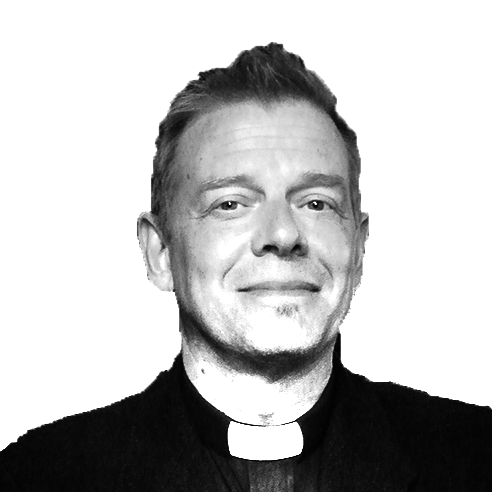I can’t count the number of times in the past weeks I’ve been asked something along the lines of: “So are you going to write your next column about all the celebrity cases of sexual assault?” Ask and you shall receive.
Everyone has had a unique response to the massive uptick in news about celebrity cases of sexual assault. I would argue that the statements tweeted and solidarity expressed are insufficient.
These responses are moving, but they have not stopped sexual assault in its tracks. I will always advocate for productive dialogue, but when it comes to sexual assault, more must be done — concerted efforts must be made.
Actions such as boycotting the productions of those accused of sexual assault can be one way to signal the severity of the problem in our society. Yet the steps taken by companies like Netflix are not enough. Individuals have to take the initiative to create spaces where survivors can feel safe sharing their stories to combat future assaults.
Many in Hollywood have responded to the deluge of sexual misconduct allegations in their community. Several power players from George Clooney to Meryl Streep released statements pertaining to their relationships with Harvey Weinstein.
Director Ridley Scott moved to refilm Oscar-bait “All the Money in the World” without Kevin Spacey, who has been accused of sexual harassment and assault in the last several weeks. Netflix also announced it would fire him from its Emmy award-winning series “House of Cards.”
The streaming service has also cut ties with comedian Louis C.K., who has been accused of sexual misconduct by five different women, as reported by The New York Times.
These public moves are steps in the direction of creating a survivor-positive environment, but they are just that: steps.
We have long known that sexual assault is a pervasive crime in our society that not only hurts many women but men as well, with particularly high frequency among LGBTQ individuals and people of color.
On a personal level, most people I have talked to are unsurprised by the constant revelations of sexual harassment and assault. Perhaps these responses were colored by the fact that most of my friends and family engage in feminist communities; for years now, we have been debating the merits of boycotting work by Johnny Depp, who has been accused of both physical abuse and sexual violence, and Bill Cosby, who has been accused of sexual assaulting more than 50 women and has faced both criminal and civil ramifications.
Art can be separated from its artist to some degree, and the ideas handled in a program like “House of Cards” are no less intriguing because Spacey is in the show.
There is an argument to be made for not consuming the show so that he may not profit from it. Still, many other innocent people worked hard to make that product, too — it does not make sense to punish Spacey’s colleagues unless they knew about his crimes and turned a blind eye, as was the case of Penn State football coach Joe Paterno with the abuses committed by Jerry Sandusky.
The activism of boycotting, then, is best on a case-by-case basis with scrutiny on the context and the actions of others involved in production of the piece.
A practical solution to our society’s problem with sexual assault is more multi-faceted than carefully choosing which movies and TV shows to watch. We must ultimately foster an environment in which it is wholly unacceptable and practically impossible to commit sexual assault in the first place.
Before we can do that, we must create a space for survivors to speak out and be believed so that perpetrators learn there are consequences. These efforts manifest in a variety of ways: calling out those in power even when it’s scary, advocating for policy changes and supporting the survivors in our lives because we understand them as people better than any administrative advocates could.
I admire that Hollywood is finally taking action. While celebrity involvement with sexual assault is no surprise, it undeniably affects our collective psyche. The general public often looks to celebrities as role models; when we reject unsuitable behavior in them, our society sees that behavior as unsuitable for all.
However, as we face an increasingly critical moment in our response to sexual assault, I find it unsettling that our best first responder so far has been a company that profits from students like myself binge-watching bad TV shows.
While it is laudable that corporations like Netflix are addressing this epidemic of sexual assault, individuals should also be mobilizing. We need to do more than considerately selecting what entertainment to patronize while we are putting off our homework. Actively fighting injustice is always time well spent.
Molly Cooke is a junior in the College. The Accidental Feminist appears online every other Tuesday.




















Maximus300 • Nov 14, 2017 at 11:59 am
I absolutely agree with the author about creating environments where sexual harassment is all but impossible as long as standards are applied consistently across all spectrums be they artistic, political or social. The only issue I take is with the notion that all “survivors” must be believed. There have been many instances of false or misleading accusations (i.e. UVA, Duke, etc.) that resulted in innocent people being harmed. I suggest that when we hear of possible incidences of harassment, we do not rush to judgment. Instead, wait for a body of evidence to establish the facts before you act.